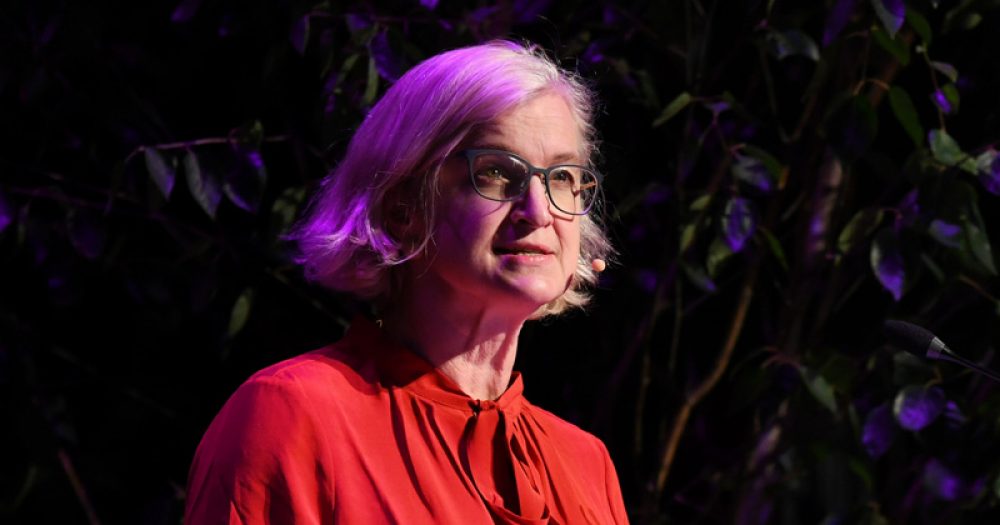Nearly nine in ten respondents to a post-inspection survey since September are satisfied with their inspection, according to new statistics.
Speaking in Birmingham at the weekend, Amanda Spielman said it was a “small and vocal minority” who were criticising the new inspection framework.
In data released today, it shows that 88.6 per cent of 1,336 responses strongly agreed or agree with the statement that they were satisfied with the way the inspection was carried out.
In the same category, 4.3 per cent said they neither agreed or disagreed and 7 per cent either disagreed or strongly disagreed, between September 1 and February 29.
The survey covers state-funded schools and other visits.

At the Heads Forward School Leadership conference in London on Saturday, Spielman said “we’ve got close to 90 per cent of people, high 80s… saying that they are happy or very happy, that the process was fair, that is was constructive, that it would help to improve – against the 10 per cent who are more negative.”
“I don’t think that the ratio of positive to negative is coming through, but we take the negative really seriously.”
Ofsted has come under fire from school leaders – including influential chains such as the Harris Federation – for the new framework, which focuses much more on curriculum rather than on results.
Harris’s chief executive, Sir Dan Moynihan, who spoke earlier at the London conference, said the “pendulum had swung too far, and outcomes are not important enough”.
As first revealed by Schools Week, some schools with three-year GCSEs are being criticised for narrowing the curriculum – leading to trusts moving back to a two-year key stage 4 and three-year key stage 3.
Moynihan said this was because leaders were worried their Ofsted rating will drop, adding: “And they are afraid they will lose kids, and lose budget and enter a downward spiral.”
But Spielman added that the vast amount of disadvantaged children “should do really well on a full curriculum” and that this is not about “a narrow conversation about year 9 children”.








Your thoughts